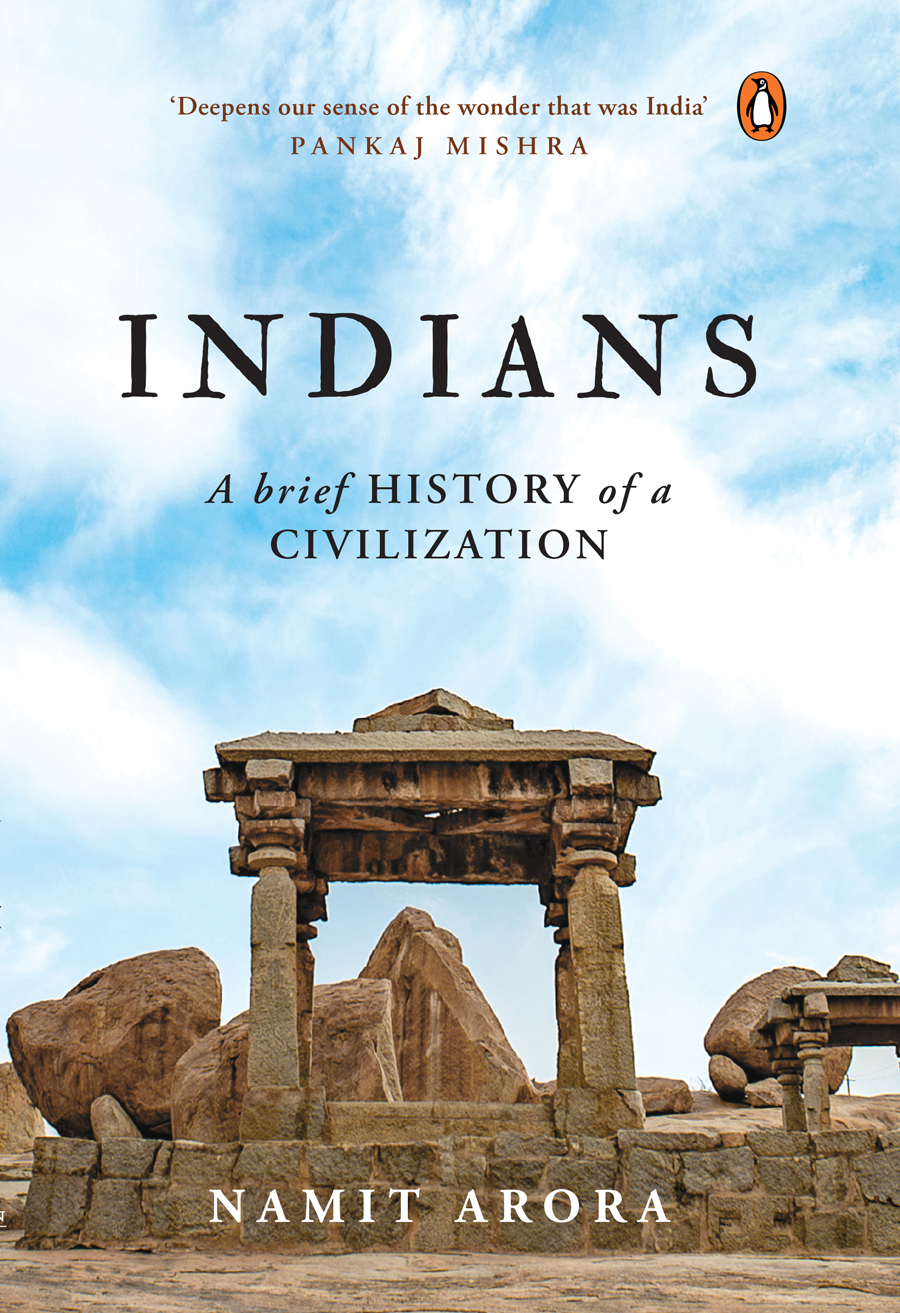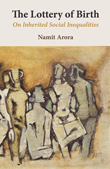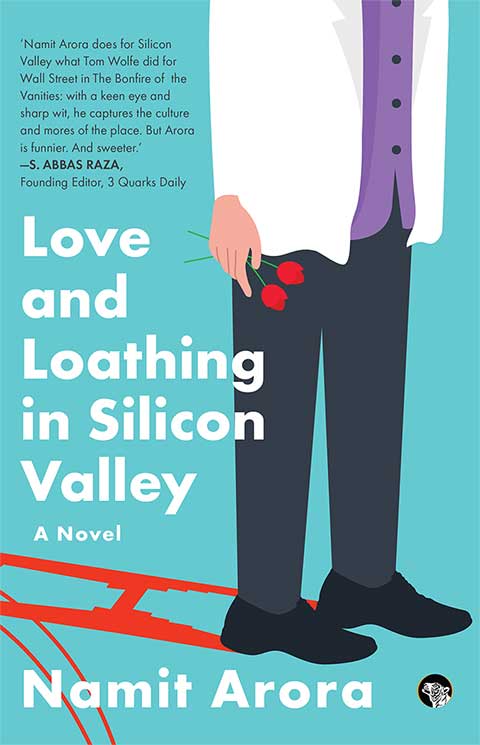| Index of articles from the Blog |
| Animals |
| Anthropology & Archaeology |
| Art & Cinema |
| Biography |
| Books & Authors |
| Culture |
| Economics |
| Environment |
| Fiction & Poetry |
| History |
| Humor |
| Justice |
| Philosophy |
| Photography |
| Politics |
| Religion |
| Science |
| Travel |
Books by
Books by
|
By Usha Alexander | Nov 2010 | Comments
|
Or Why I'm Not a Fan of Popular Indian Cinema
Take, for instance, this latest offering, Endhiran (The Robot), India's biggest blockbuster foray into science fiction, starring Superstar Rajinikanth. Though told with humor, Endhiran is a familiar story about a gifted man whose hubris brings tragedy upon his people (in this case, however, not upon himself). The archetypes and themes familiar to most Americans from the story of Frankenstein, also echoed in the story of Icarus, or Rabbi Loew, are styled here for an Indian aesthetic and sensibility. (For a plot summary, see the review in Variety.) Creative and vividly imagined, rendered with high gloss and big budget wizardry, Endhiran makes a proud showing for cinematic scope and technical prowess (though the editing did feel rough during the battle scenes). The film is full of whimsical moments, as when our robot converses with a swarm of disease-infested, CGI-rendered mosquitoes. And Rajinikanth, who, I understand, may well be the global master of the chase scene (with all due respect to Jackie Chan), left me suitably jaw-dropped and amused at the gymnastic tricks he carried off with cars, trucks, and trains. Yet while I certainly appreciated the film's ambition and brash camp—a style for which Rajinikanth is deified in South India—in the end, I found myself rolling my eyes, as I always seem to do when the lights come up on 4 out of 5 popular Indian films. So, what is it in these films that so tries my patience?
It's true that I have a certain bias against Aishwarya Rai Bachchan, who usually plays the hero's dressing in her bland and bovine style, but her presence alone doesn't necessarily sink a film in my eyes, the way, say, Tom Cruise can. It's also true that the film's electronic musical numbers failed to get my foot tapping. Points must also be deducted for the film's catchiest song, Kilimanjaro, which features compelling African vocal riffs, but which is then un-ironically performed atop Machu Pichu with dancers outfitted in Inca-inspired regalia; yet I will concede that the freshness of the costume and setting actually made this one of the more dazzling set-pieces of the film—never mind that neither Machu Pichu, Incas, Africans, nor Kilimanjaro bear any relevance to the film on any level, whatsoever. Much can be forgiven or overlooked, but the geographical nonsense just irks.
No, my final disappointment had nothing to do with artistry or technique, taste or style; the reasons are much deeper. It's not the storytelling that I don't like; it's the story, itself: its message and morality. This film, like the vast majority of popular Indian films, tells again the same story that rankles my sensibilities—the same story, in fact, that's framed and frozen into the stilted, mass-media re-tellings of the Hindu epics: that duty and devotion are the paramount virtues, that self-realization and actualization will undo the world, and that—above all—a woman's most noble duty is to subsume herself entirely to the men in her life. And then there is the matter of the way caste is unmindfully exploited, as when, in a weak plot contrivance, a toddy-tapper is grossly caricatured for use by Rai Bachchan's character. Though the story may have universal intention, these aspects of Endhiran's cultural subtext do not resonate with me. No, that's understating it; they positively push my buttons. Of course, this is only because of my Indian heritage, because I spent my youth struggling with questions about duty and self and especially gender obligations, until I am perhaps more than a little bit wary of having these tropes served up to me again, even on the slickest, most colorful of platters. These powerful themes are conveyed not only by Rai Bachchan's character—a woman who actually cheats on her medical exams, but who yet remains our unquestioned heroine because of her Sita-like devotion to our god-like hero, though he treats her like yesterday's trash—but also in the relationship between robot and master, when it's ultimately the subordinate who is held accountable for his maker's hubris, while his master, unscathed by the surrounding devastation, dances off into the sunset with the babe. As the robot confesses to his creator, in the act of his final sacrifice, "You are my God. I should have obeyed you." It was, however, the final line of the film that really stuck in my craw: When a young girl asks why he was put out of service, the dismantled robot's head looks her in the eye and tells her straight, "Because I started to think." |
Designed in collaboration with Vitalect, Inc. All rights reserved. |
|








